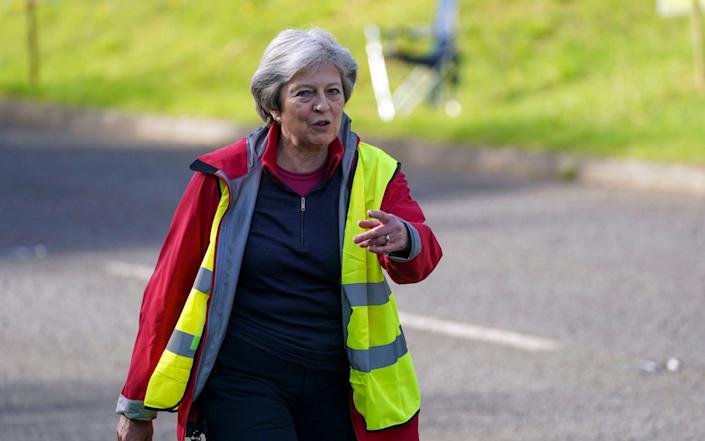
Brexit is not to blame for Britain’s absence from a boom in global trade, a former adviser to Theresa May has said.
The UK’s disappointing trade performance since the pandemic has been driven more by weak exports to the rest of the world, according to Raoul Ruparel.
Mr Ruparel, who is now at Deloitte, said the shortfall is “not entirely down to Brexit and likely not even mainly down to Brexit.”
In a new analysis, he found the UK appeared to miss out on a surging demand from the United States that has buoyed several other exports.
Mr Ruparel said: “By far the larger factor is the poor performance of UK exports to non-EU countries, especially the US.
“This is partly because the UK found itself poorly placed to take advantage of the increased demand since it seemed to largely fall in areas where the UK is not a major exporter.”
Globally, goods exports are about 10pc higher than pre-pandemic levels, and 5.5pc higher in advanced economies. In the UK, however, exports remain around 12pc lower.
Demand for imports surged in the US last year as huge levels of fiscal stimulus brought in by Donald Trump and Joe Biden spurred resurgent demand in the wake of the pandemic.
American importers snapped up electronics and metals with particular aplomb – sectors in which Mr Ruparel noted “the UK is a very minor exporter”.
There was also high demand for chemicals, a sector in which the UK is stronger. The report noted although UK chemicals exports to the US rose last year, it was only back to 2016 levels.
“It is possible this is partly due to additional Brexit impacts with the sector as a whole becoming less competitive due to additional costs and supply chain disruption,” he said.
“That said, this is a phenomenon that started while the UK was still in the EU so it is hard to put it down entirely to Brexit.”
The Office for Budget Responsibility (OBR), the fiscal watchdog, predicts Brexit will eventually knock 15pc off the value of trade to Britain’s economy.
Mr Ruparel said: “It is easy to reach for [Brexit] as an excuse for all problems but doing so risks obscuring the other complex trade challenges business are facing and makes it harder to find the right solutions.”




